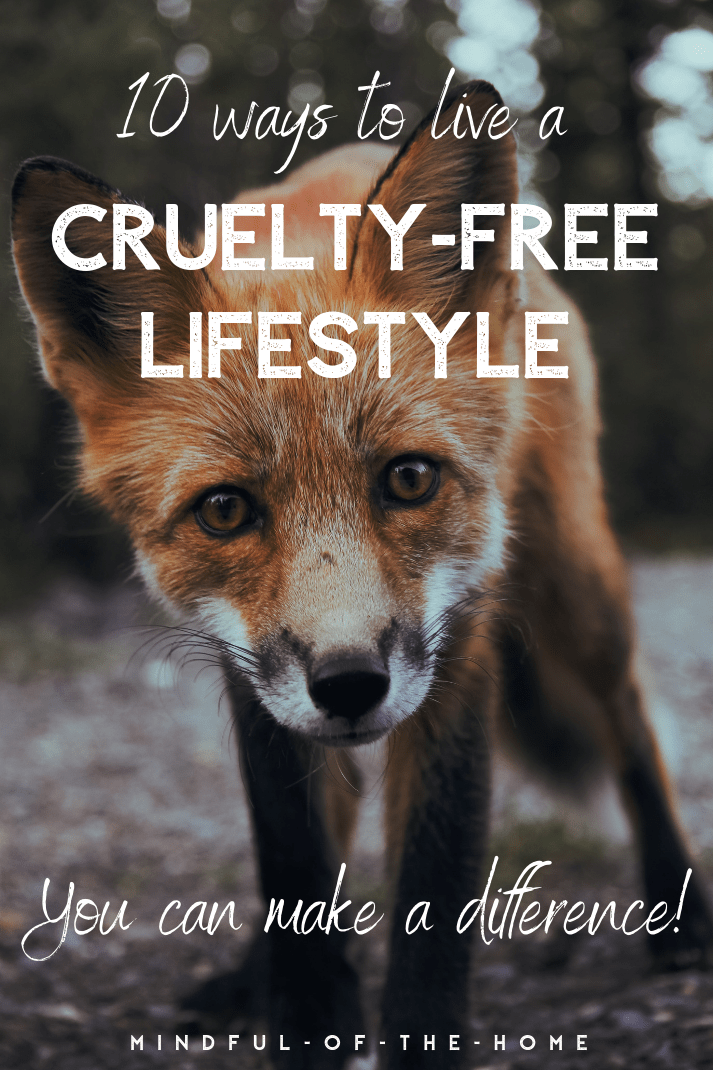In an era where the plight of our fellow creatures resonates deeper than ever, the necessity to cultivate an animal cruelty-free lifestyle grows increasingly urgent. The essence of such a life transcends the mere avoidance of animal products; it encompasses a holistic approach to ethical living. This article delves into simple yet transformative swaps that foster a more compassionate existence, prompting a profound shift in perspective about the interconnectedness of all living beings.
To embark on this journey, it is essential to recognize that every choice we make has reverberations beyond our immediate environment. By opting for cruelty-free alternatives, we not only mitigate the suffering of countless animals but also endorse a burgeoning movement toward sustainability, health, and ethical accountability.
1. Food Choices: Embracing Plant-Based Living
One of the most impactful changes one can make is in their diet. The conventional food industry is fraught with practices that exploit and harm animals. Transitioning to a plant-based diet serves as a potent act of defiance against such cruelty. Instead of purchasing meat and dairy products, consider rich alternatives like legumes, nuts, and grains. These foods not only eliminate animal suffering from your plate but also offer health benefits that can lead to increased vitality.
Moreover, plant-based diets contribute to environmental sustainability. The agriculture of animal products demands immense resources—land, water, and energy—leading to ecological degradation. Conversely, opting for fruits and vegetables fosters a more sustainable agricultural system.
2. Ethical Fashion: Beyond the Wardrobe
Fashion is another domain where cruelty often lurks in plain sight. The production of leather, fur, and other animal-derived materials involves distressing practices that call for urgent change. Embracing ethical fashion means seeking out brands committed to humane practices, utilizing materials such as organic cotton, hemp, and recycled synthetics.
Second-hand shopping can also be a savvy way to contribute to a cruelty-free lifestyle. Thrift stores and online platforms for used clothing not only reduce waste but allow consumers to dress stylishly without contributing to the exploitation of animals.
3. Personal Care Products: Toxic Ingredients to Avoid
A plethora of personal care products contain ingredients derived from animals, and many are tested on animals before hitting the shelves. Opting for cruelty-free cosmetics and toiletries not only spares animals from suffering but promotes healthful choices for your skin. Look for brands that prominently display cruelty-free certifications.
Moreover, consider making your own personal care products using natural ingredients. Simple concoctions of coconut oil, shea butter, and essential oils can gauge your creativity while ensuring that each product remains free from harmful chemicals and animal-derived components.
4. Household Items: A Green Approach
The quest for a cruelty-free lifestyle also permeates household items. Traditional cleaning supplies are often tested on animals and may contain animal by-products. Transitioning to eco-friendly, cruelty-free products serves as an ethical and environmentally-conscious choice. Brands committed to sustainable practices provide powerful alternatives that keep your home pristine without compromising integrity.
For those inclined toward DIY solutions, creating your own cleaning products is both effective and gratifying. Simple ingredients like vinegar, baking soda, and lemon can be combined to produce an array of cleaning solutions that are harmless to both your family and the environment.
5. Lifestyle Choices: Redefining Entertainment
Entertainment is another vital aspect where ethical considerations can influence decisions. Visiting zoos and aquariums often perpetuates cruelty, as many animals are held captive in suboptimal conditions. Instead, consider engaging with wildlife through conservation initiatives or sanctuaries devoted to rehabilitating and protecting animals in their natural habitats.
Additionally, explore documentaries and literature that shed light on animal rights issues. These sources can not only deepen your understanding of animal welfare but also inspire actionable change within your communities.
6. Mindful Consumption: The Power of Choices
Ultimately, the core of living a cruelty-free lifestyle lies in mindful consumption. Every product purchased and every meal enjoyed presents an opportunity to reflect on the implications of those choices. By advocating for cruelty-free brands, supporting local farmers committed to ethical practices, and being cognizant of the content that lies behind each label, consumers wield powerful influence over market trends.
Moreover, engage in conversations about animal cruelty within your circle of influence. Education serves as a catalyst for change; every discussion about ethical living plants seeds of awareness and compassion in others.
7. Commitment to Continuous Learning
Adopting a cruelty-free lifestyle is not merely a series of choices, but a commitment to continuous learning. Awareness of evolving practices, the relentless pursuit of newer, more efficient alternatives, and an unwavering dedication to advocacy are pivotal. The landscape of ethical consumerism is ever-changing, and remaining informed enhances your ability to make impactful decisions.
In conclusion, living an animal cruelty-free lifestyle encapsulates more than just superficial changes; it inspires a fundamental shift in how we perceive our relationship with the world around us. Each choice we make affords an opportunity to be a zealot for compassion, instigating profound changes not just within ourselves, but throughout society. By embracing these simple ethical swaps, we create a tapestry woven with respect, empathy, and an unwavering commitment to a world where all beings can coexist harmoniously.








